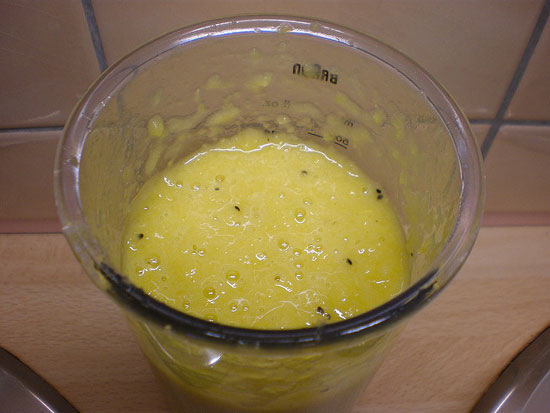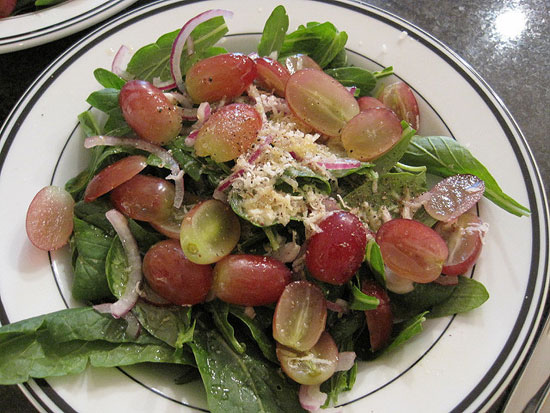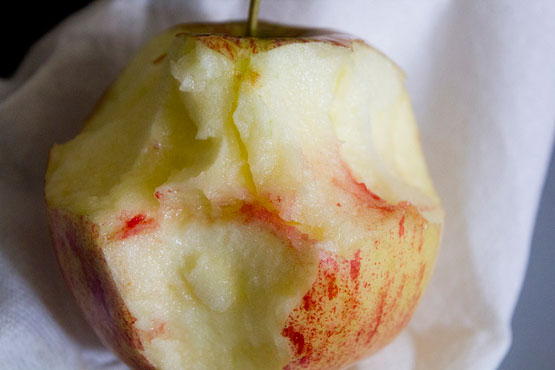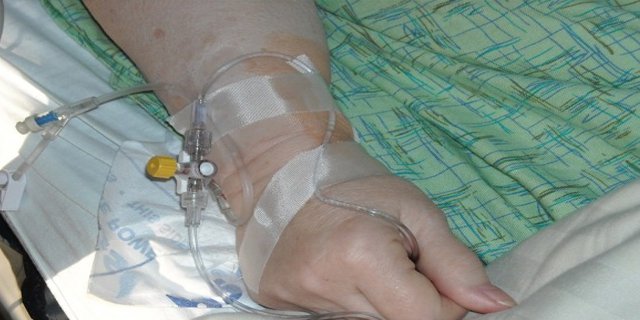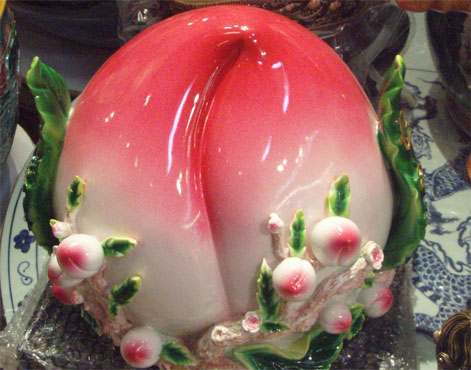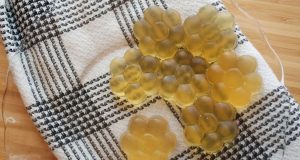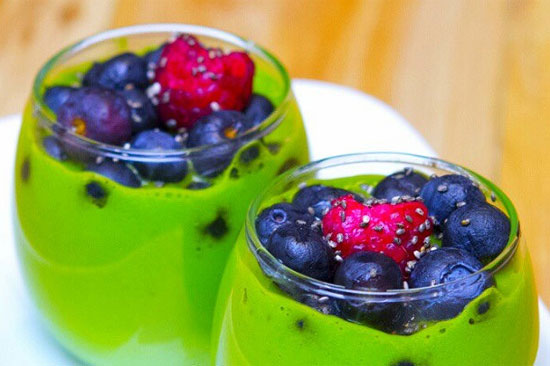Our gallbladder has a function to store bile and send it to the intestine to break down fatty foods. So, to put it simply, the gallbladder is responsible for sending bile to the intestine and helping with the digestion process.
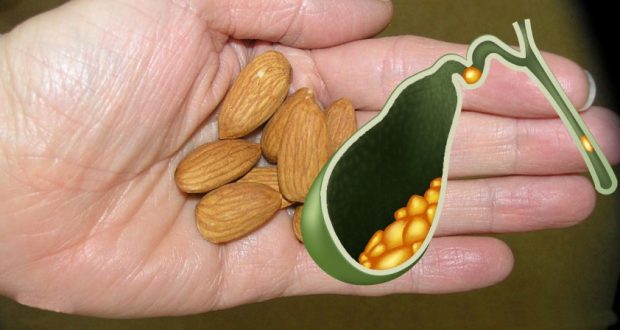
In modern the world a lot of people deal with gallbladder problems and the most common cause of these problems are gallstones. The problem with gallbladder can occur when the cholesterol that is stored in it outweighs the bile. When this happens, cholesterol can actually become crystallized. This means forming of gallstones.
People who are at higher risk of getting gallstones are often:
- Overweight
- Obese
- Eating fatty foods regularly
- Suffering from liver disease or diabetes
- On birth control
- Pregnant
If you introduce these four foods to your diet, you can be safe when it comes to gallstones:
Salmon
Because salmon contains omega 3 fatty acid, it can fill up your body with monounsaturated fat (this is a healthy fat), which can lower your cholesterol and get your gallbladder into balance. The chances of crystallization will lower when you eat salmon.
Almonds
Almonds are excellent because they are full of magnesium and calcium, two crucial ingredients for managing your bile balance and your cholesterol too. If you don’t like the taste of almonds, you can replace it with a cup of plain organic yogurt every morning, and you can even add fruits that contain vitamin C. Tasty and healthy!
Lentils
There is a study that shows that women and men who consume lentils, peas and beans have much less chance to develop gallstones. This happens because these foods are full of fiber, making them a perfect remedy for curing gallstone.
Veggies and Fruits with Vitamin C
If you want to avoid gallstones, then you should eat a lot of foods that contain vitamin C. Vitamin C synthesizes your bile with cholesterol, and you are vitamin C deficient, the risk of gallstones will increase a lot! So, eat kiwis, oranges, yellow bell peppers, guava or dark green leafy veggies, and you will be just fine.
Besides these four foods, these activities should also do the trick:
- Keeping a diet diary
- Have a walk every day
- Meet your goals for every week using a step counter
- Cook only low-fat recipes

